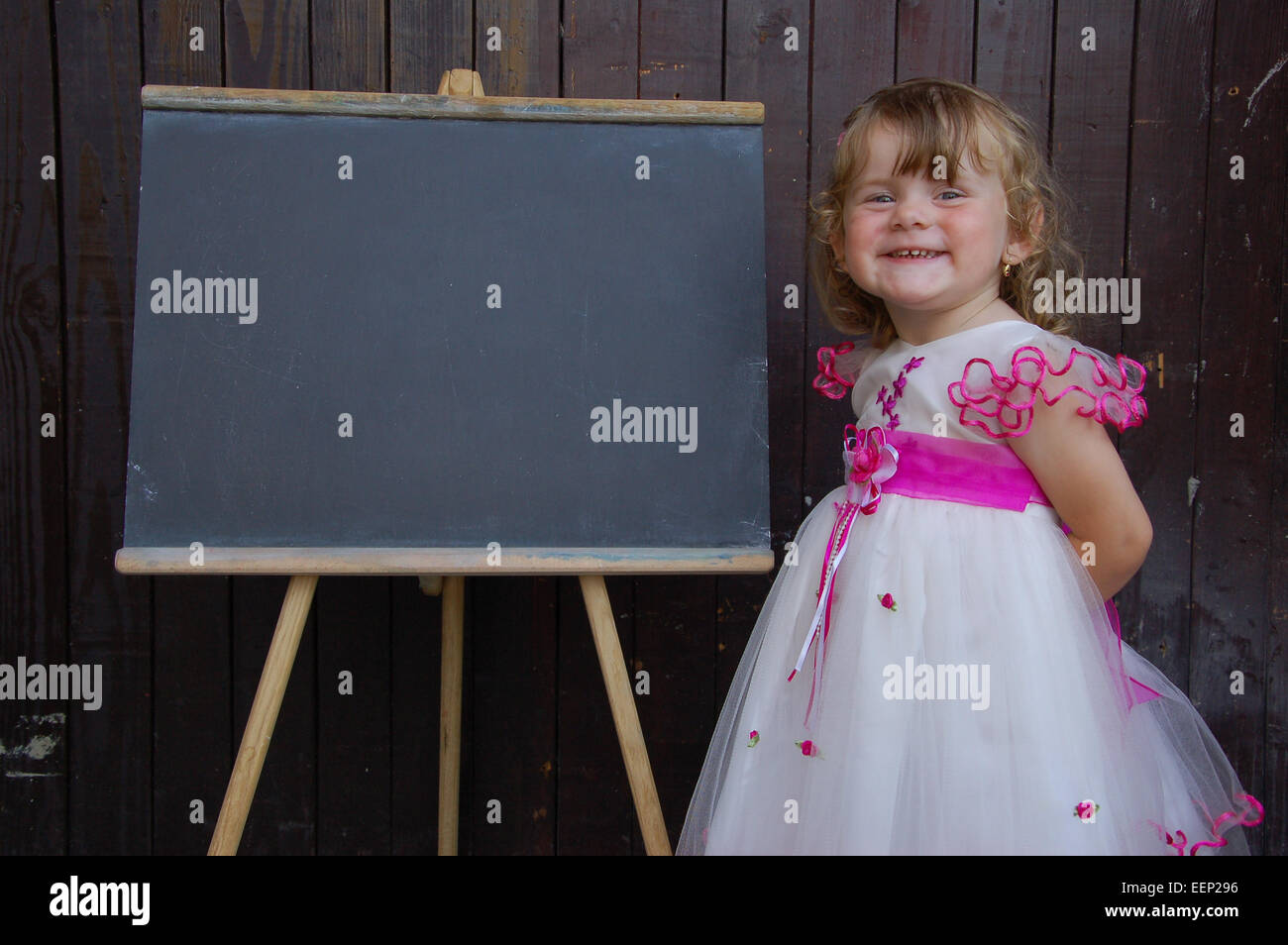

As you are growing up this concept has implications that can help you develop as an academic, a creative thinker, and keep you more in tune with who you are as a person. Have you ever wondered about why you make decisions the way you do, why you like bacon on your cheeseburger, or how you will decide which career path is right for you? So did the philosopher John Locke, who coined the term and the concept of tabula rasa, more commonly referred to as the blank slate theory. Keywords: Blank Slate, Nature, Nurture, Development Ryan embodies the ideas I present in this chapter, and as one of my dearest friends I truly aspire to be like him as his experiences in his life have always been his greatest motivator. The second person I would like to thank is my dear friend Ryan Smith. The ideas that I present in this chapter come from years of motivation from her regarding my aspirations and knowing her as both a mother and a kindergarten teacher I have seen how important it is to be given the support and foundation to follow what makes you happy and to never let that inner child in you die. A kindergarten teacher, an educator, one of my best friends. Olivia Wen ’20 said, “It’s been really interesting seeing the community show develop with the different types of expression students have to offer.36 The Equalizer and Motivator, John Locke’s “Tabula Rasa” Many students have already visited to add and observe. Joss Aiken ‘22 “liked how we could represent ourselves,” and thought that the gallery “showed the larger community at Hopkins.” The gallery is open all day and members of Hopkins can show up at their convenience to draw on the walls up until early January when the show closes. The community show has given students and faculty a space to create art, and they have already almost flled the entire space with imaginative drawings and concepts. To help ignite creativity, the Arts department has provided different loose prompts throughout the room, such as “science,” and “stick fgures.” Julianna Lukacs ’20 said her favorite prompt was stick fgures, and enjoyed the gallery because “it is interactive and something that the whole school can participate in.” We are all artists when we are small, and then sometimes that gets lost along the way.”
#John locke tabula rasa free#
LaBelle-Young added, “We’re hoping this is an opportunity for people to be creative in a free and open format, perhaps especially those who don’t identify as artists. One point that the Arts department emphasized was the importance of including all students, whether they are artistically inclined or not. Visual Arts teacher Jacqueline LaBelle-Young said, “The idea of this show is to have people show up at the opening to blank walls and create the art on the spot.” She explained that there are pencils, pastels, crayons, and other art supplies available for students to express themselves. Locke’s theory eventually developed into his doctrine of “natural rights,” which is a combination of the concepts of free mind and human nature.

The more famous interpretation of “tabula rasa” stems from the philosophy of John Locke, where he claimed that the human mind at birth is a “blank slate,” and that all knowledge is attributed to sensory experiences.

The philosophical discussion around the concept can be traced back to Aristotle, who asked, “Haven’t we already disposed of the diffculty about interaction involving a common element, when we said that mind is in a sense potentially whatever is thinkable, though actually it is nothing until it has thought? What it thinks must be in it just as characters may be said to be on a writing-tablet on which as yet nothing stands written: this is exactly what happens with mind.” He questioned the concept of the mind being a blank slate, and new experiences and interactions dictating what thoughts become, and that there is nothing until these experiences occur. Unlike past exhibits on The Hill, Tabula Rasa at Hopkins will have a closing reception, in addition to the opening one, to celebrate the creations of faculty and students. Throughout the past month, students have been coming in and drawing various images and ideas, ranging from a favorite moment in history to Shakespeare jokes. The exhibit at Hopkins celebrates the concept of “tabula rasa” and envisions the concept on the gallery walls. The term originates from the “tabula” that was often used when Romans took notes, and could become blank again by heating and smoothing the wax on it.


 0 kommentar(er)
0 kommentar(er)
